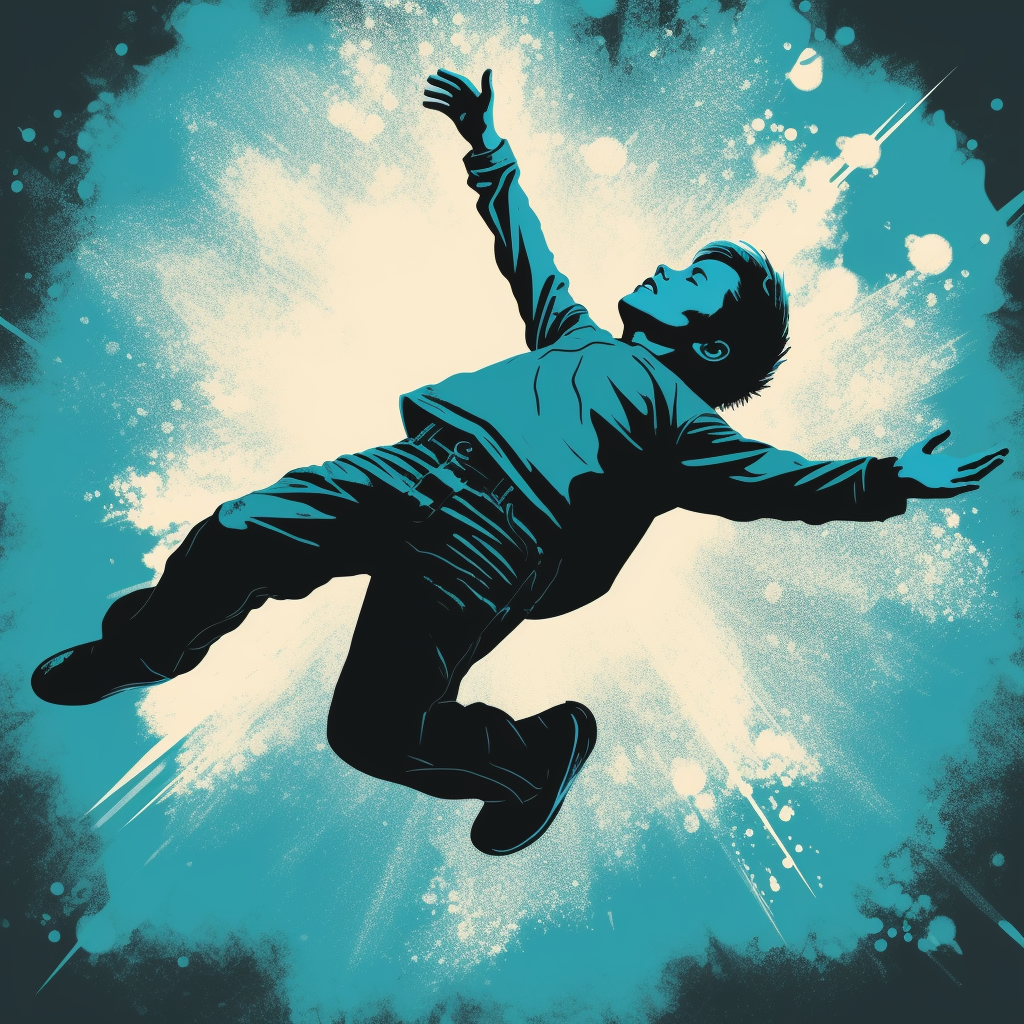Introduction: The Future Is Comfortably Numb
First published in 1932, Brave New World remains one of the most provocative and prescient dystopian novels ever written. Aldous Huxley offers a chilling vision of a future society where freedom, individuality, and emotional depth have been sacrificed on the altar of stability and consumerism.
Unlike George Orwell’s 1984, which envisions a world ruled by fear and violence, Brave New World imagines a society controlled by pleasure, distraction, and engineered happiness. It asks: What if tyranny came with a smile instead of a whip?
Plot Summary: A Perfect World With a Dark Core
Set in the year 2540 AD (referred to as the year 632 AF—After Ford), Brave New World takes place in the World State, a unified global society where war, poverty, and suffering have been eradicated. But this peace comes at a price: the elimination of individuality, deep emotion, and critical thinking.
Key Aspects of the World State:
- People are genetically engineered and socially conditioned before birth into castes: Alpha, Beta, Gamma, Delta, and Epsilon.
- Family, monogamy, and personal attachments are outlawed. Words like “mother” and “father” are obscene.
- Pleasure is constant and superficial. Citizens are kept docile through consumerism, sex, and a drug called soma, which dulls pain and suppresses dissent.
Main Characters
Bernard Marx
An Alpha who feels alienated due to his small stature and discomfort with the system. He longs for something deeper but is also driven by ego.
Lenina Crowne
A Beta worker in the Hatchery who follows societal norms but becomes involved with Bernard and intrigued by the idea of love and monogamy.
John “the Savage”
Born naturally on a Savage Reservation, John is the son of a World State citizen. Raised on Shakespeare and traditional values, he becomes a tragic outsider when introduced to the World State.
Key Plot Events
- Bernard invites Lenina to visit the Savage Reservation, where they meet John and his mother, Linda.
- Bernard brings John back to the World State, where John becomes a celebrity—“the Savage.”
- John becomes horrified by the superficial, soulless nature of the society. His attempts to challenge it end in isolation, tragedy, and ultimately suicide.
Major Themes and Ideas
1. The Illusion of Happiness
The World State promises universal happiness, but at the cost of depth, meaning, and individuality. People are not free to be unhappy, or even truly human.
“Everybody’s happy now.”
This mantra hides the truth: their “happiness” is manufactured, shallow, and prevents real growth or understanding.
2. Control Through Pleasure, Not Pain
Unlike Orwell’s world of oppression, Huxley’s society maintains control by giving people everything they want—except what truly matters.
- Soma replaces pain, grief, and critical thought.
- Casual sex replaces intimacy and love.
- Constant entertainment (like “feelies”) replaces reflection.
“A gramme is better than a damn.” — a slogan promoting soma over emotional discomfort.
3. The Loss of Individuality and Free Will
People are mass-produced and conditioned to accept their caste and role in life. From birth, they are programmed to:
- Love their jobs
- Avoid books and nature (unless engineered otherwise)
- Never question authority
This creates a frictionless society, but one devoid of personal freedom or creative expression.
4. The Role of Science and Technology
Technology in Brave New World is not liberating—it’s enslaving. It’s used to:
- Create babies in Hatcheries.
- Control minds through sleep-teaching (hypnopaedia).
- Eliminate “undesirable” emotions or behaviors.
Science is worshiped, but only when it serves social stability.
5. Consumerism and Instant Gratification
Citizens are conditioned to consume constantly: clothes, entertainment, transportation, drugs. This ensures economic growth and keeps people distracted.
“Ending is better than mending.” — encouraging people to buy new rather than repair old.
Huxley critiques a culture obsessed with novelty and comfort, eerily anticipating today’s throwaway society.
John the Savage: The Moral Mirror
John represents the old world of emotion, spirituality, and suffering. He quotes Shakespeare, believes in love, and seeks truth. But in the World State, his values are alien, even dangerous.
When he says,
“I don’t want comfort. I want God, I want poetry, I want real danger… I want freedom,”
he’s making a moral stand against a world that has sacrificed all of those for stability.
But tragically, John cannot survive in either world—Savage or Civilized.
Climax and Conclusion
John isolates himself to escape the suffocating culture of the World State. Crowds follow him. He is hounded by reporters. Finally, unable to reconcile the two worlds, he takes his own life.
His death is a tragic conclusion that underscores the novel’s warning:
A society that eliminates pain also eliminates meaning.
Comparison to 1984
| Theme | Brave New World | 1984 |
|---|---|---|
| Control | Through pleasure and distraction | Through fear and surveillance |
| Rebellion | Internal and emotional | Physical and political |
| Ruler | Impersonal system | Totalitarian figure (Big Brother) |
| Tool of Control | Soma, sex, consumerism | Torture, censorship, Thought Police |
| Outcome | Tragic loss of meaning | Tragic loss of truth |
Why Brave New World Still Matters
In an age of social media dopamine hits, AI-generated content, and constant stimulation, Brave New World feels eerily relevant.
Huxley warned of a future where we would be amused into submission—where books would disappear not because they were banned, but because no one wanted to read them anymore.
“The people will come to love their oppression, to adore the technologies that undo their capacities to think.”
Top Quotes from Brave New World
“But I don’t want comfort. I want God, I want poetry, I want real danger, I want freedom, I want goodness. I want sin.”
“Actual happiness always looks pretty squalid in comparison with the overcompensations for misery.”
“We are not our own any more than what we possess is our own.”
Final Thoughts
Brave New World is not just a dystopia—it’s a haunting meditation on what it means to be human. It asks:
- What price are we willing to pay for comfort?
- Can a life without pain also be a life without meaning?
- What is the role of suffering, individuality, and love in our lives?
As we navigate a world increasingly driven by technology, consumption, and curated happiness, Huxley’s warning is more than fiction—it’s a mirror held up to our modern lives.

